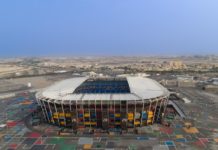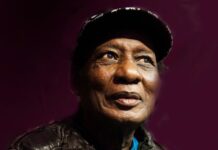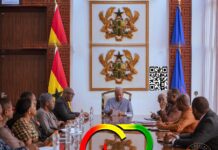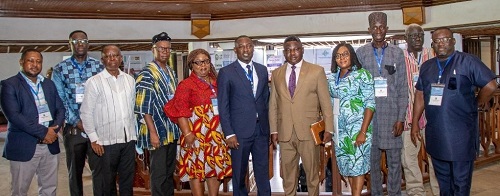
About 17.7 per cent of the Ghanaians still practice open defecation, the Chairman of the Coalition of NGOs in Water and Sanitation (CONIWAS) Yaw Atta Arhin has disclosed.
In his remarks at the 33rd Mole Conference in Elimina in the Central Region, he said the inequalities were far more obvious, notable in all five regions in northern Ghana which had open defecation rates higher than 50 per cent, specifying that Savannah and Upper East Regions had 68.5 per cent respectively.
Mr Arhin noted that whereas the estimated rates of access to safe drinking water in Greater Accra and Ashanti Regions were 97.6 per cent and 94.5 per cent, the estimated rates in the North East and Savannah Regions were 54.8 per cent and 55.1 per cent respectively.
He noted that it was unacceptable that in the 21st Century, 74.7 per cent of households in the country lacked access to improved toilet facilities that are not shared.
The chair said the conference, which had the theme: “Ghana’s Commitment to Water, Sanitation and Hygiene (WASH): Connecting systems to bridge the service delivery gaps” had been carefully selected to reflect the complex mix of interventions and the systems required particularly for the poor and vulnerable.
He applauded the government for effectively partnering private sector to progressively realise the president’s vision of a clean, healthy and prosperous Ghana.
“The completion of solid and liquid waste treatment facilities in Accra and Kumasi as well as ongoing waste treatment facilities in all the regional capitals bears ample testimony to what partnership with the private sector can achieve” he stated.
Mr Arhin recounted the introduction of the Ghana WASH Week which triggered unquenchable national consciousness and greater priorisation towards improving the country’s water, sanitation and hygiene situation.
He reiterated the commitment of his outfit to work closely with relevant stakeholders in government, development partners, private sector, academic and research institutions, and all relevant stakeholders to accelerate and sustain the delivery of safe drinking water, improved sanitation, and hygiene to the people of this country, particularly the poor and vulnerable.
This year’s conference is being funded by World Vision Ghana, Greater Accra Metropolitan Area Sanitation and Water Project, Ghana Water Company Limited.
The rest are UNICEF, Global Communities, Catholic Relief Services, SNV, Environmental Service Providers Association (ESPA) and Communication Water and Sanitation Agency (CWSA).



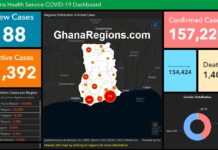
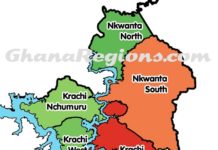
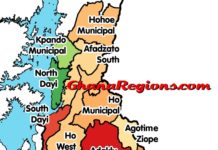
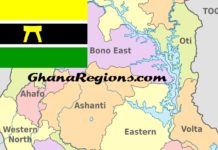












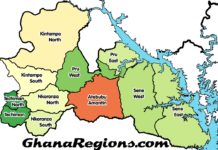
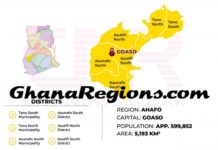


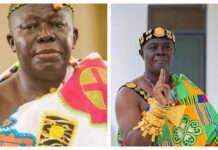
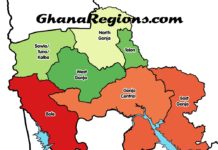

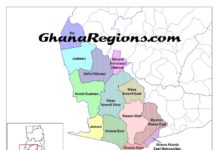
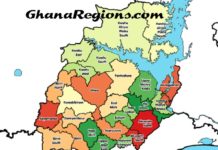




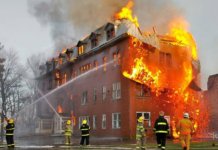

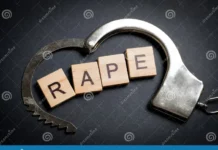
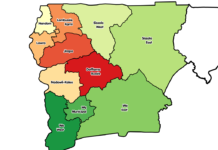
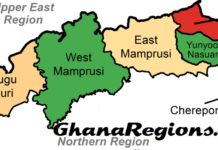
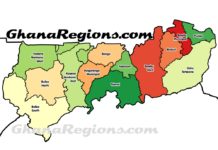

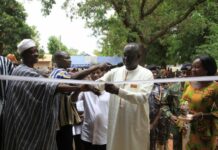










![Morocco knock out Spain on 3-0 penalties to reach FIFA World Cup 2022 quarter-final, Morocco vs Spain (0-0) (3-0) [Video]. Morocco knock out Spain on 3-0 penalties](https://ghanaregions.com/wp-content/uploads/2022/12/Watch-Morocco-vs-Spain-0-0-and-3-0-penalties-218x150.jpg)





